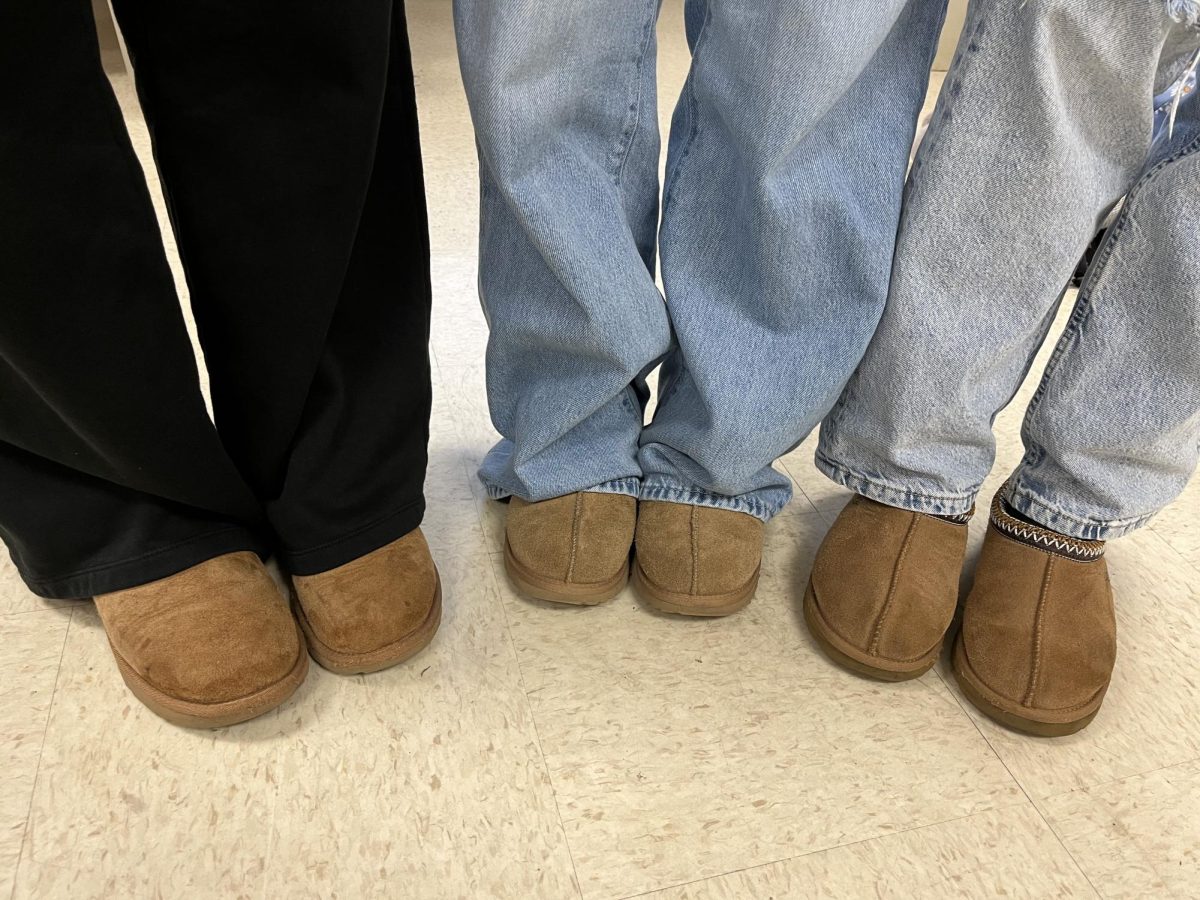It is hard to get through a day all alone with so many things to remember, like that milk you needed to buy since you ran out this morning. That is where Siri comes in to lighten the load of work placed on your mind. Siri tells you to bring an umbrella to work today, saving you from getting soaked. You ask Siri to “Call Mom” and are now simultaneously driving and setting a plan for your next family trip. Unaware that Siri heard your ideas about a trip to a Florida beach, you are suddenly bombarded with hotel ads. You realize your information was sold to advertisers, data brokers or other third parties, turning your private interactions into valuable commodities.
Apple has dealt with lawsuits against the voice assistant, Siri, for alleged violation of privacy since 2014. In Jan. 2025, Apple agreed to pay $95 million to settle a class action lawsuit against Siri for recording users’ conversations without their consent. While the idea of Siri listening to conversations and selling information sounds alarming to many, others disagree. Some people see this as an extension of the product’s job to be more personalized to the user’s liking and encourage the voice assistant’s efforts to cultivate tailored content.
“I wouldn’t say it’s a bad thing,” Sukaina Alhaidari (11) said. “I use Siri a lot to help me with finding things I like, so I wouldn’t be mad if they used that to help me.”
Regardless of the validity of Siri’s security, Apple is not the only major company that has been held liable for failing to secure the privacy of its users. Facebook has had many notable experiences with data leaks and abuse of user information over the years, specifically the Cambridge Analytica scandal in 2018..
“I think [the allegations are] true,” Kenia Aquino (11) said. “There have [been] cases of many people coming out with reports of companies, like Apple and Facebook, listening to their conversations.”
Even for those who are skeptical of Apple’s integrity, many have found themselves indifferent to the situation. Major companies like Apple have growing control over many people’s data for years, and many have accepted this statement and admitted defeat.
“I think they’re [lying] because why else would they pay it if they still deny it?,” Amely Aguilera (11) said. “At this point, every single big company has all your information: Apple, Microsoft, Google [and] Meta; I just don’t care anymore. It’s been evident throughout the years, and with all the different companies, [that] you can’t really trust them. They’re still going to use our information.”
Due to the lack of action taken, methods to reduce the abuse of control over consumers’ data have damaging effects on companies guilty of surveilling data for ulterior motives. So, what are some ways to better enforce user security? Some argue that privacy settings and policies are altered to purposely confuse and inconvenience the average user, making it extremely difficult for users to understand and control the lengths of their data sharing with powerful companies.
“I think that companies should make it much more obvious if they are keeping our information,” Alhaidari said. “[The terms and conditions] don’t really say this stuff directly but I still blame people who don’t read it.”
As more people become aware of the class action lawsuit, some have questioned how big of an impact Apple’s fine is. As of 2025, Apple is worth $95 billion, which means their lawsuit payout is roughly 0.10 percent of their total revenue. If the $95 million is equally split among Apple users who use Siri, they would receive a maximum of $20 each.
”[Apple] should pay more especially since there’s a lot more people who use Siri,” Aquino said. “I don’t think $95 million is enough for the amount of Apple users who use Siri [to be paid properly].”








































